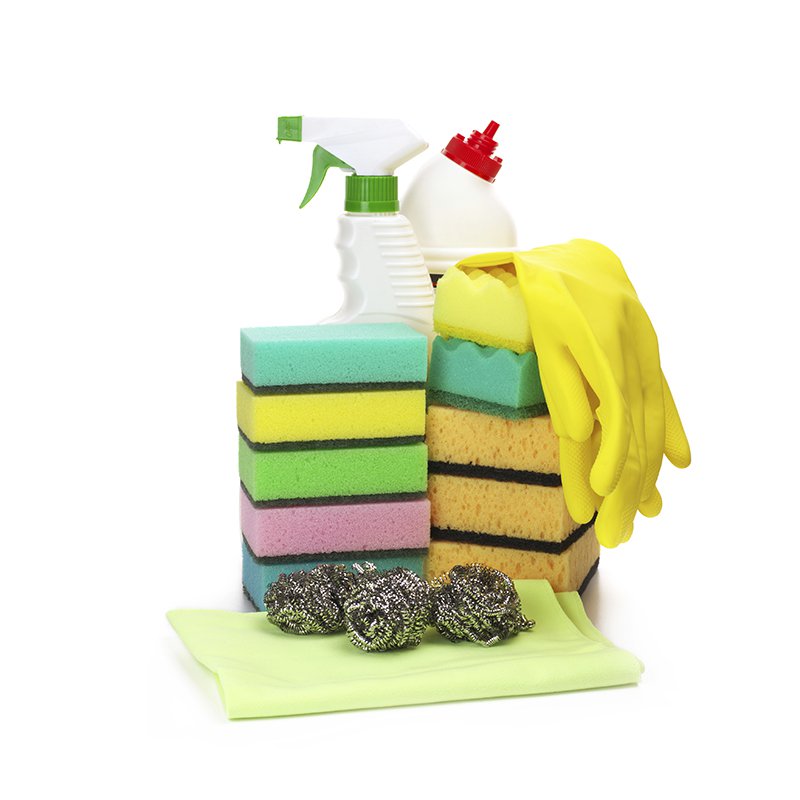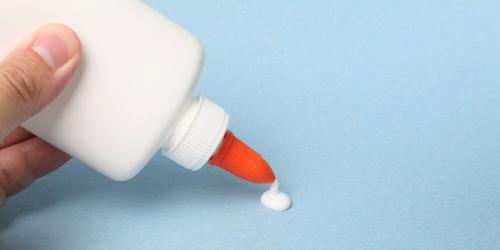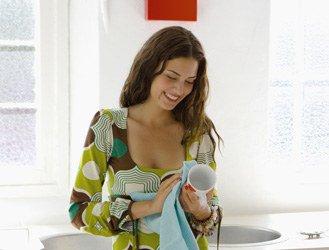Ecological cleaners, does it really work?
Long sold in specialized stores (and therefore reserved for well-off people), eco-friendly household cleaners are popular. Ecological trend oblige, their presence is democratized in the shelves of our supermarkets, and their price too.
What 'a green household cleaner?
Bathroom, kitchen, WC, floors, windows or multi-use ... like the classic household products, the eco-friendly household cleaner is our best ally against dirt. The real plus: the substances that make up the product respect the environment and our health.
Ecological household cleaner, what is its composition?
The composition of the eco-friendly household cleaner meets 3 criteria:
- The ecological household cleaner is of plant origin : beet, wheat, sunflower ...
- The ecological household cleaner is subject to strict limits as to the chemical substances used. These last are also classified in order of danger (risk of cancer, infertility, irreversible effects ...).
- The presence of allergen is also limited in an environmentally friendly household cleaner. Currently, 26 allergens (geraniol, linalool ...) are recognized by European regulations. But the law hardens, 86 allergens will be recognized in 2015.
The ecological household cleaner, we dare!
Although it is as (if not more) effective than many traditional household products, the eco-friendly household cleaner still suffers from a not very glorious reputation ... Not enough effective and too expensive, the first ecological household cleaners (launched in the 1990s) did not respond to our expectations.
In 2003, the first European label for eco-friendly household cleaners was created, guaranteeing us the same efficiency as standard products and, at the same time, reviving the boom in eco-friendly household cleaners. But beware, not all eco products have the ecolabel ... We inspect the bottle to find the label's label.
Discover our selection of multi-surface ecological household cleaners
Thanks to Lisa Buono, Communication Manager The Green Tree


